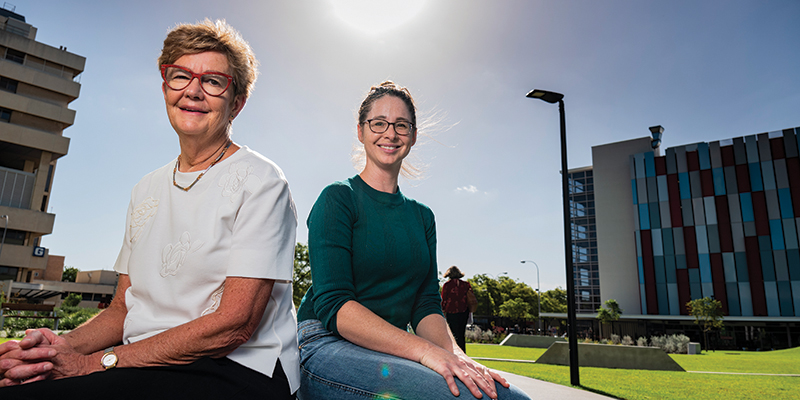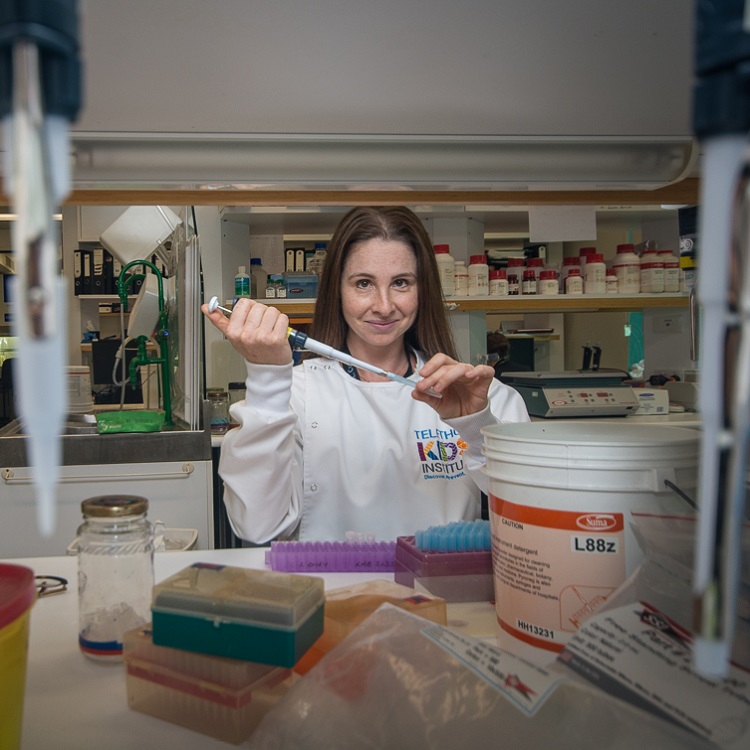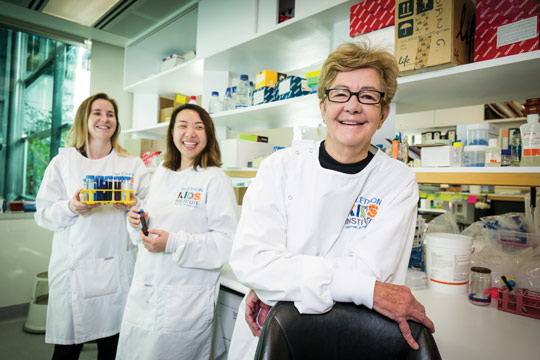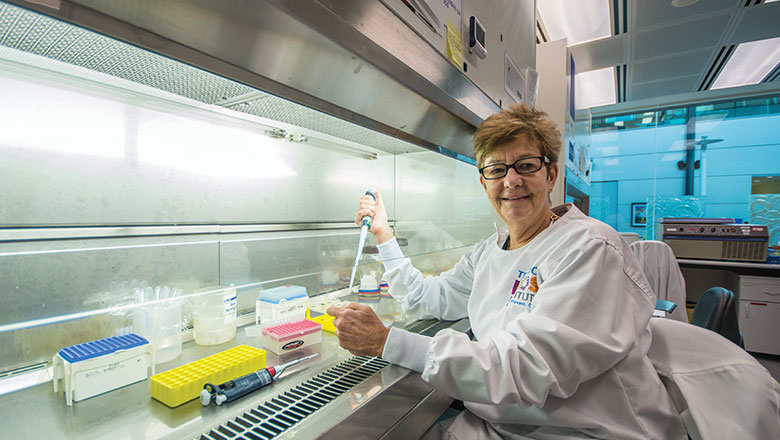Search

For decades Aussies have been told to minimise sun exposure to prevent skin cancer - now researchers at Telethon Kids are challenging that message.

The Kids researcher Dr Shelley Gorman has received a Healthway grant to develop an online tool to promote safe sun behaviours to teenagers.

Researchers at The Kids Research Institute Australia are continuing to hone in on the effects of ultraviolet radiation and vitamin D on the immune system.

The D-Light program, set up in 2014, aims to shed light on the amount of sun exposure that will promote good health in children and adolescents.
Leading international and national experts will gather at The Kids Research Institute Australia on Friday for a D-Light Research Symposium.
Research by The Kids Research Institute Australia shows a link between low vitamin D during pregnancy and post-natal depression.

Researchers from The Kids Research Institute Australia and Harry Perkins Institute of Medical Research have found that small regular doses of sunlight suppress the develo

The important role of vitamin D in early development is the focus of research that has uncovered links between vitamin D levels and healthy growth of the baby d
A link between chronic lung disease and low Vitamin D levels is the focus of a new study just started by the Telethon Institute for Child Health Research.
A The Kids for Child Health Research study has uncovered a new link between vitamin D levels and asthma.
